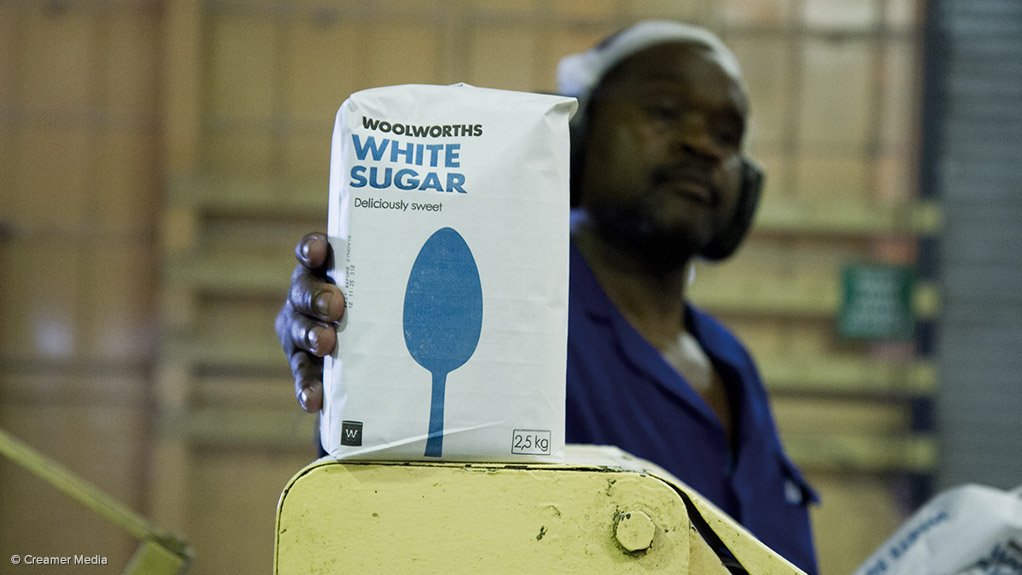/ MEDIA STATEMENT / The content on this page is not written by Polity.org.za, but is supplied by third parties. This content does not constitute news reporting by Polity.org.za.
In his budget speech this year, Finance Minister Pravin Gordhan announced a tax of 20% on high sugar soft drinks scheduled to start on 1 April 2017. The idea is that soft drinks are unhealthy, like tobacco and alcohol, and so should be discouraged by making them more expensive.
Let us face it, sugar is bad for you and is likely to cause you to have higher medical expenses down the line. So a ‘sugar’ tax ought to be uncontroversial – right?
We can expect the sugar industry to complain, and, sure enough, the Beverages Association of South Africa is predicting job losses of 60,000 as a result of the tax. This is probably an exaggeration but there will certainly be some job losses from the soft drink and possibly the sugar and health (if the measure works) industries too. Apart from this direct interest pleading is there any reason for the rest of us to complain about this tax?
It may come as a surprise to many but health is not the only thing worthy of consideration. Enjoyment should also count. It is something often ignored and highly undervalued. In their book, ‘Poor Economics’, Banerjee and Duflo show that the absolutely poor will sacrifice much for enjoyment. In times of war, hungry people have been known to swap food for cigarettes. Traditional societies usually abandon a healthy diet for more tasty fare as soon as they can afford to. These pleasures, therefore, clearly provide more value than basic and more wholesome fare, and soft drinks are right up there among these pleasures. Unlike a general value added tax which is neutral, the soft drink tax targets a specific choice people make freely and so is a violation of their right to pursue what they value and a form of value imperialism.
In any case, soft drinks account for a fraction of total sugar consumption. South Africa consumes the equivalent of 70g of sugar per person per day, 17.4g of it in the 165ml of soft drinks consumed each and every day. Targeting only soft drinks is not even likely to reduce sugar consumption much. Why, then, not tax all sugar? Well because adding sugar to food is not some arbitrary thing. Sugar is a good preservative and makes it possible for much more unspoiled food being made available to many more people at an affordable price.
People may choose not to reduce consumption of soft drinks in response to the tax but instead compensate for the additional expense by cutting back on healthy food and drinks or by switching to other sources of cheap sugar. Economics has documented many such cases of human behaviour. Banerjee and Duflo’s book ‘Poor Economics’ illustrates a number of these unintended consequences. Of relevance to us is the Mexican experience. When Mexico introduced a 10% tax on soft drinks, at one stage the consumption of sugary drinks increased, while at another, there was a moderate reduction. The overall effect of the Mexican tax depends on when you look and has, in general, been so muted as to be indistinguishable from statistical error.
Wits University has estimated that the 20% tax on soft drinks will reduce energy intake by 36kj per person per day, and that will reduce male obesity by 3.8% and female obesity by 2.4% i.e. 220,000 fewer obese people. Even if correct this is not as impressive as it sounds. 36kj per day is equivalent to losing, at best, 0.4kg in a year. The average obese person could achieve that by walking a mere 200m (or about 290 steps) extra per day. Considering that obesity is defined as a Body Mass Index (BMI – weight in kg over height in m squared) of 30, those who have a BMI just over the cut-off could go from being obese to not obese by losing a mere fraction of 1 kg. Sure we will then have 200,000 fewer obese people by definition but it hardly makes a real difference to anything does it? We are not talking about the tax dramatically turning masses of the diabetic and obese into toned and healthy people but rather of it moving a few people only just across a line.
If the tax succeeds in shifting soft drink consumption from the full sugar versions to the artificially sweetened versions, we could see an increase in the diabetes rate. It turns out that artificial sweeteners cause diabetes because they alter the balance of microbes in the gut.
Another problem with the soft drink tax is that it is an additional tax. It will not be offset by reductions in other taxes and, since soft drinks are disproportionately consumed by the poor, it is a regressive tax borne mostly by the poor. It also adds to the bureaucratic load that holds back business productivity and growth.
In sum, the soft drinks tax is an unwarranted assault on our values and rights. It is an additional tax that hits mostly the poor. And, also, it is a tax that will cost some jobs. It probably will make little difference to the nation’s health and could even backfire.
Issued by Free Market Foundation
EMAIL THIS ARTICLE SAVE THIS ARTICLE
To subscribe email subscriptions@creamermedia.co.za or click here
To advertise email advertising@creamermedia.co.za or click here











